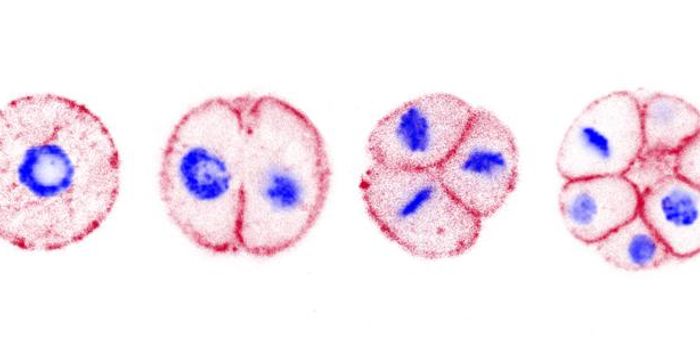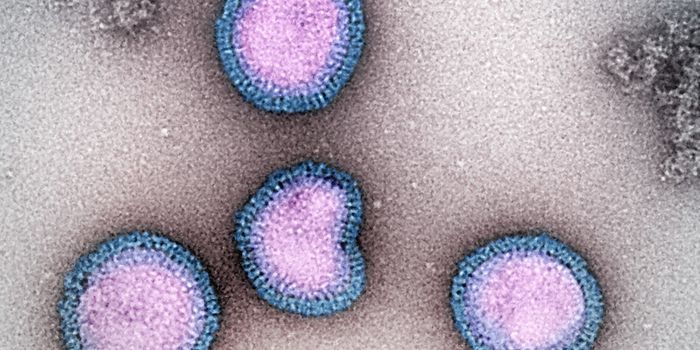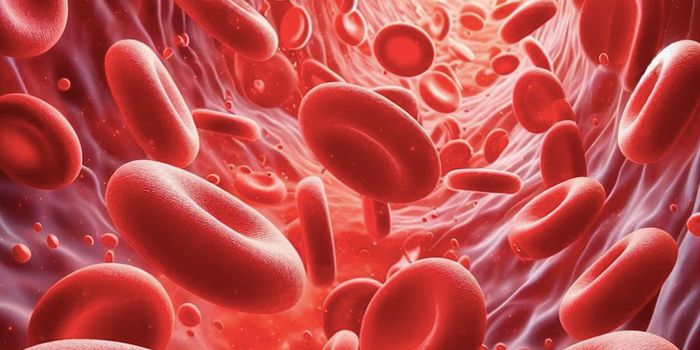Genetic diseases arise from inborn errors in gene sequences, and researchers have long sought ways to correct those errors. There have been some instances in which scientists and clinicians have successfully treated a human patient with gene therapy. Researchers have now followed up on a group of gene therapy recipients and found that the benefits of their treatment have lasted for decades. The work has been reported in Nature Communications.
These individuals had a form of severe combined immunodeficiency (SCID), which makes people highly susceptible to infection, and has been referred to as 'bubble boy disease.' The most common form of the disorder is X-linked SCID (SCID-X1), which is caused by mutations in a gene called IL2RG. This gene plays an essential role in the development of several important types of immune cells that help fight infection: T and natural killer lymphocytes, and nonfunctional B lymphocytes. People with SCID are left without much of an immune system.
Blood stem cells are also known as hematopoietic stem cells. Normally, they produce all the cells that are found in the blood including red and white blood cells. SCID-X1 gene therapy involves collecting blood stem cells from patients. A correct version of the IL2RG gene is then carried in a non-pathogenic virus to the inside of these patient blood stem cells. Chemotherapy is used to remove some of the dysfunctional blood stem cells from the patient, and the modified cells are then returned to the patient in their place.
Scientists have monitored five recipients of this treatment for three to eighteen years afterward; blood samples were collected to determine the levels of various cell types and biomarkers. This study showed that even though the transplanted stem cells were cleared from the patients, the correct cells were still forming and the patients had been cured of their disease.
This work indicated that the 'autologous transplant' of the patient's own corrected cells generated a continuous supply of healthy immune cells, and a normal immune system.
The researchers suggested that this gene therapy has enabled the thymus, where T cells develop, to maintain a repository of the right kind of progenitor cells that can produce new T cells. More work will be needed to understand how that happens.
Sources: AAAS/Eurekalert! via University College London, Nature Communications









